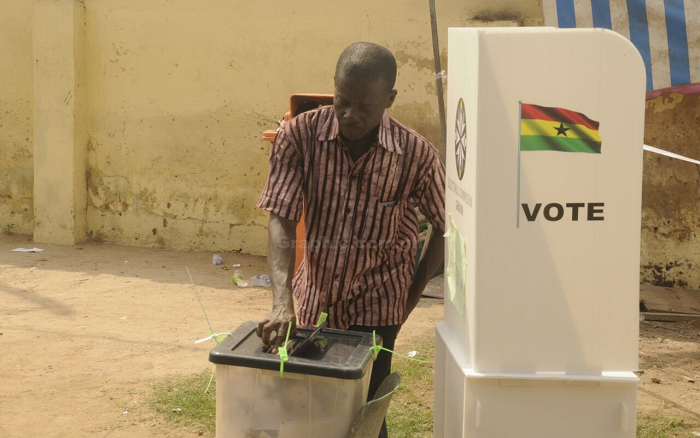
Living in post-election Ghana
It is becoming frightening to live in post-election Ghana as a public servant.
This is a period that is dreaded by all civil servants, especially those perceived to belong to the political party that has lost power, while the victors jubilate in anticipation of better opportunities.
If the fear of victimisation has become one of the ‘dividends’ of our democratic experiment, then, our type of ‘majoritarian’ rule has missed the boat.
We know that democracy or democratic governance brings in its wake equal opportunities, rule of law, non-discrimination and the freedom to do what one deserves provided those actions are within the confines of the laws of the land.
Judging from media reports since the results of the 2016 Election were declared, it will not be out of place to say that all is not well with Ghana’s democratic practice.
Even though the reports of attacks on perceived opponents appear to be isolated incidents, they are still a matter of worry to lovers of democratic governance who believe in the rule of law and civil liberties.
The moment we signed onto the democratic dispensation in 1992 that gave the right to people to belong to political parties of their choice, the room for tolerance of divergent views was created.
It is regrettable that after the comity of nations has accepted Ghana as a mature democracy, minority groups still doubt the existence of equal opportunities in post-election Ghana.
We dare say that if steps are not taken to avert the incidence of attacks on political opponents and the takeover of state properties, our democracy will soon be regarded as a fluke.
Come January 7, 2017, Ghana will witness the third transfer of power from the governing party to the opposition party.
What this means is that Ghana is no more a fledgling democracy, but a mature one.
After seven successful elections since 1992, going to the polls should not cause so much fear and panic in our society. It should become one of the norms of the conduct of public affairs in the country.
But alas, the opposite is the case for Ghana. The stakes become so high during the elections that any party that wins, thinks that supporters of the vanquished political party should not even have a claim to the resources of the state; and even sometimes as citizens of the land
Both the major political parties, the New Patriotic Party (NPP) and the National Democratic Congress (NDC), that have governed this country are guilty of the perceived harassment of political opponents.
It is very dangerous and we should all resolve that never again should supporters of a losing political party fear for their lives in a post-election Ghana.
Ghana attained independence in 1957 with the motto, “Freedom and Justice,” and this means that every Ghanaian should have the opportunity to live as a free citizen and equal before the law.
The Daily Graphic calls on the leadership of the NDC and the NPP to end the culture of vengeance in post-election Ghana so that we can maintain our accolade as the beacon of hope on a troubled African continent.
There must be inclusiveness in the conduct of public affairs so that together, we can all put our shoulders to the wheel to build a strong and better Ghana.
